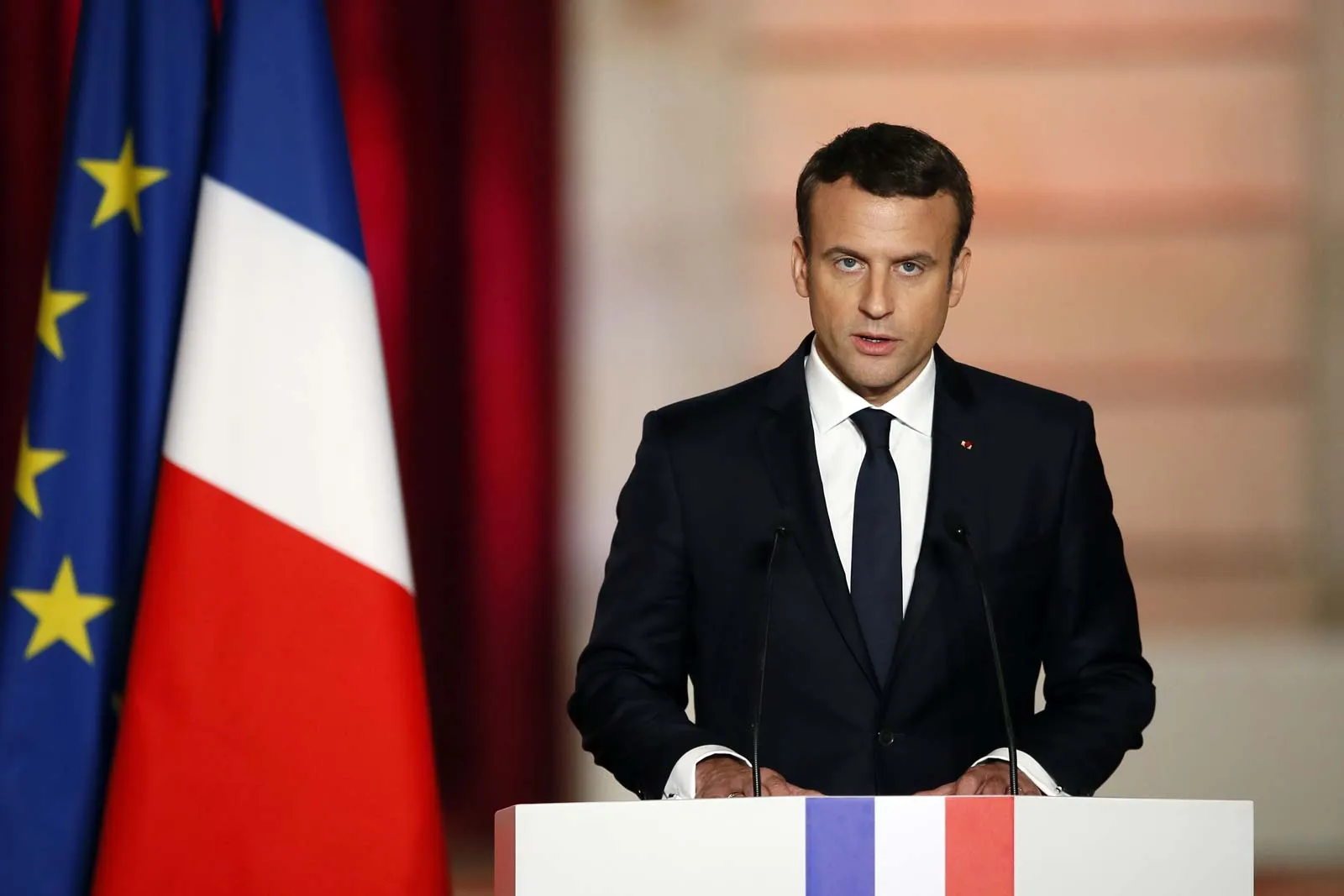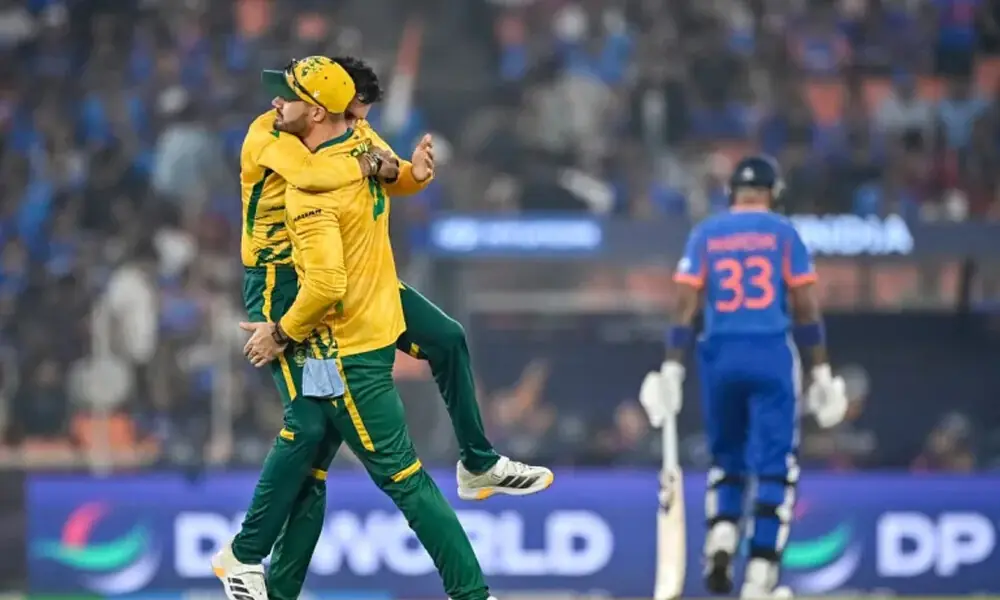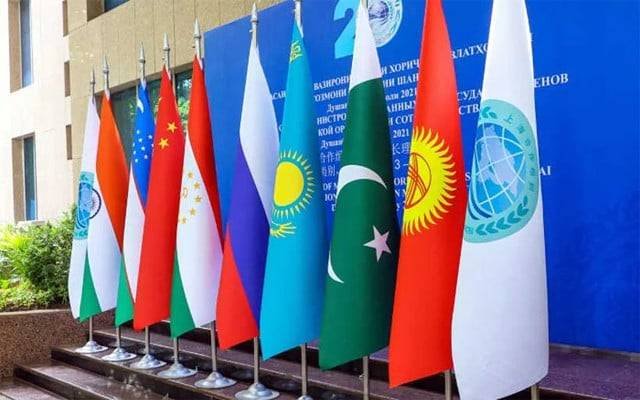Pope Francis, the first Latin American pope and a transformative figure in the modern Catholic Church, has died at the age of 88. The Vatican confirmed his passing in a video statement early Monday morning, announcing that he died at 7:35 a.m. local time (05:35 GMT). The announcement was made by Cardinal Kevin Farrell and shared through the Vatican’s official Telegram channel.
The Argentine-born pope had been battling serious health issues in recent months, including complications from double pneumonia. He spent 38 days hospitalized at Rome’s Gemelli Hospital, and although he was recently discharged, his condition remained precarious.
Remarkably, just a day before his passing, Pope Francis made a brief appearance at the Vatican’s Easter Sunday Mass, greeting thousands in St. Peter’s Square with a “Happy Easter” and offering a final blessing read by an aide. Despite doctors urging him to rest, he had insisted on participating in several events in recent weeks, including visiting a prison shortly after his hospital stay.
His death initiates the traditional Vatican procedures that follow the passing of a pope. His private quarters have been sealed, and his papal ring—symbolizing his authority—will be ceremonially destroyed. A funeral is expected to be held within four to six days, with the College of Cardinals gathering roughly two weeks later for a secret conclave to elect a new pope.
Born Jorge Mario Bergoglio, Francis was elected pope on March 13, 2013, surprising many as a relatively unknown cardinal from Argentina. His papacy stood out for its simplicity, humility, and commitment to social justice.
He chose to live in a modest guesthouse instead of the grand Apostolic Palace, used public transportation in his earlier years, and continuously emphasized the Church’s responsibility toward the poor and marginalized. A passionate advocate for the environment, migrants, and interfaith peace, Pope Francis became a symbol of hope and inclusiveness for millions around the world.
His efforts to modernize the Church brought both admiration and criticism. He opened the door to greater dialogue with LGBTQ Catholics, reformed financial transparency in the Vatican, and took a strong stand against the death penalty and nuclear weapons. Yet, he also upheld traditional stances on celibacy and abortion, frustrating many progressives.
In his later years, the pope’s health declined significantly. He underwent major surgeries, relied on a wheelchair due to chronic knee pain, and faced recurring respiratory issues.
World leaders quickly paid tribute. French President Emmanuel Macron remembered Francis as a staunch advocate for justice and the vulnerable. Irish Prime Minister Michael Martin praised his unwavering compassion and leadership during times of great challenge.
As the world processes the loss of a deeply influential spiritual leader, the Catholic Church now looks ahead to the next chapter. In about two weeks, cardinals from across the globe will gather in Vatican City for a papal conclave—an ancient and solemn process to select the next pope.
Until then, the world mourns a man whose gentle voice, firm convictions, and tireless dedication left an indelible mark on the Church and beyond.
















